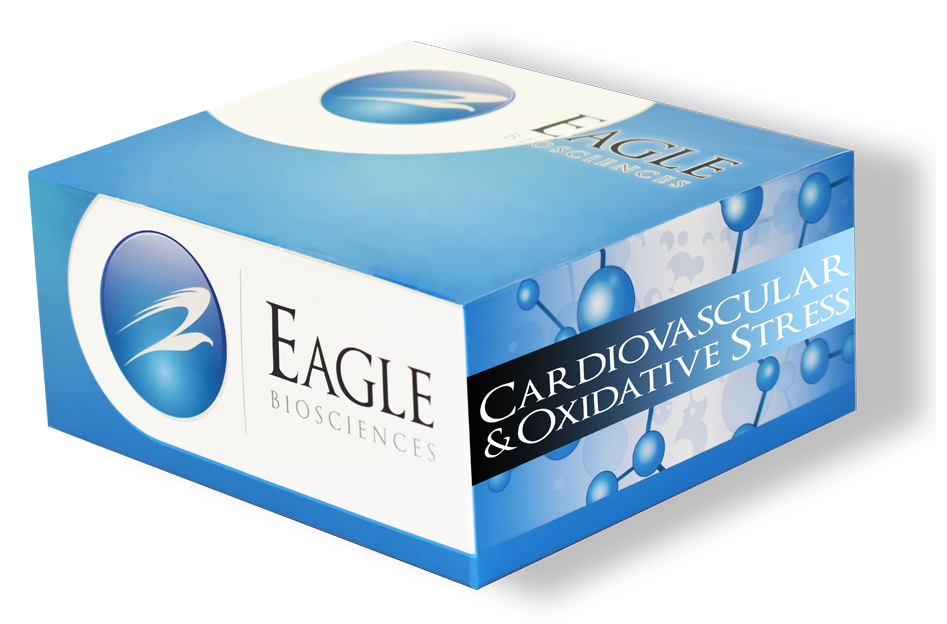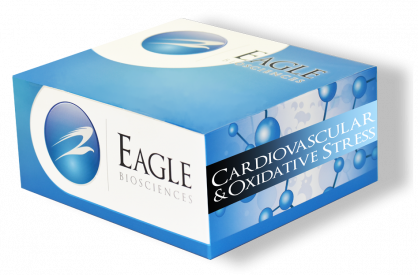ADMA ELISA Assay Kit
ADMA ELISA Assay Kit is developed and manufactured in Germany by DLD Diagnostika EA212/96 (Previously EA201/96)
For Research Use Only
Size: 1×96 wells
Sensitivity: 0.03 µmol/L
Dynamic Range: 0.2 – 3.0 µmol/L
Incubation Time: < 3 hours
Sample Type: Serum, Plasma
Sample Size: 20 µL
Alternative Names: Asymmetric Dimethylarginine
Controls Included
Reference Values (Normal)
0.4 – 0.75 µmol/l (80 – 150 ng/ml)
Each laboratory should establish its own normal ranges
Assay Principle
The competitive ADMA (Asymmetric Dimethylarginine) ELISA uses the microtiter plate format. ADMA is bound to the solid phase of the microtiter plate. ADMA in the samples is acylated and competes with solid phase bound ADMA for a fixed number of rabbit anti-ADMA antiserum binding sites. When the system is in equilibrium, free antigen and free antigen-antiserum complexes are removed by washing. The antibody bound to the solid phase ADMA is detected by anti-rabbit/peroxidase and the substrate TMB / peroxidase reaction is monitored at 450 nm. The amount of antibody bound to the solid phase ADMA is inversely proportional to the ADMA concentration of the sample.
Products Related to ADMA ELISA Assay
https://eaglebio.com/product/sdma-elisa-assay-kit/Related News
For a Full Listing of Publications utilizing these ADMA ELISA Assays, click on the link below:
ADMA ELISA Kit Publications
Learn more about ADMA at Eagle Biosciences Biomarker Spotlight page dedicated to ADMA here:
ADMA Biomarker Spotlight



